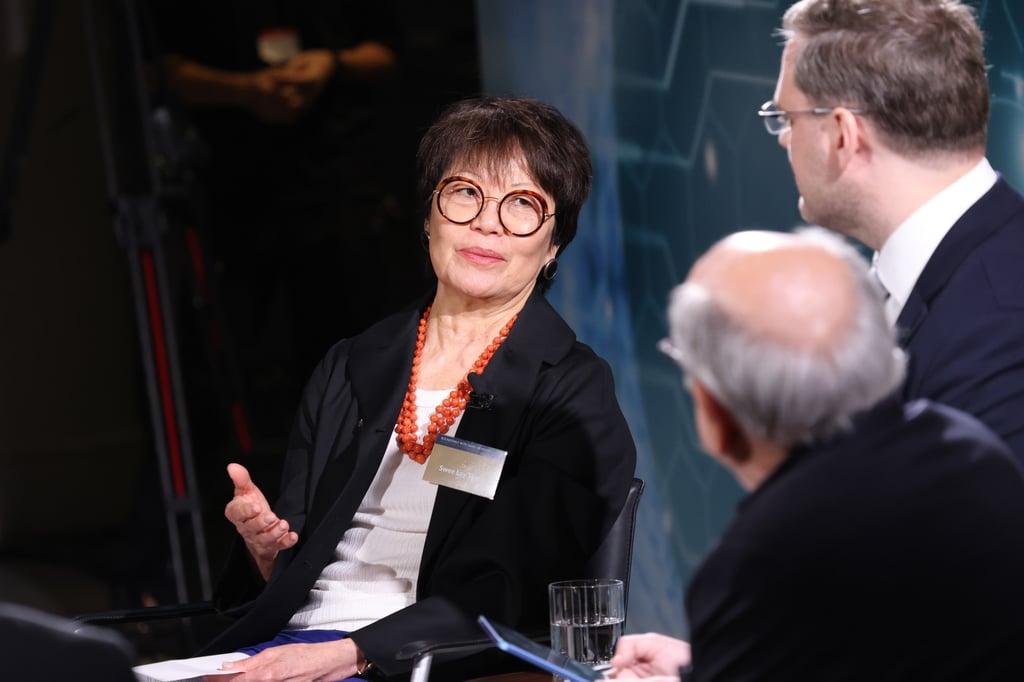Global collaboration key to the future of science, say 2024 Shaw Prize laureates
This year’s winners of the prestigious awards stress the importance of fostering partnerships and embracing new technologies

Technology has changed the way we work, communicate and collaborate with others. For this year’s winners of the prestigious Shaw Prize, collaboration and embracing new technological advancements have enabled them to make significant contributions to society through their work and research in science and mathematics.
On November 12, the four 2024 laureates gathered in Hong Kong to receive their award medals and certificates, while each prize also carries a value of US$1.2 million. Two days later, the winners took part in an engaging panel discussion at the “Roundtable with Shaw Laureates” event held at the Hong Kong Science Museum. The conversation focused on the importance of collaboration and partnerships in scientific research, and shared the laureates’ insights on how emerging technologies will present opportunities and challenges to the international scientific community.
Collaborating to change lives
Sickle cell anaemia and beta thalassaemia are two devastating blood diseases that affect the haemoglobin molecule in red blood cells. Swee Lay Thein and Stuart Orkin, the co-recipients of this year’s Shaw Prize in Life Science and Medicine, were honoured for identifying the genetic and molecular mechanisms underlying the fetal-to-adult haemoglobin switch, which paved the way for a revolutionary genome editing therapy that could change the lives of millions.
Malaysian-born doctor and haematologist Thein, senior investigator and chief of the sickle cell branch of the National Heart, Lung and Blood Institute at the National Institutes of Health in the United States, has been researching blood cell disorders throughout her decades-long career. She is credited as the first person to make the connection between red blood cell disorders and the BCL11A gene, laying the foundation for curative therapies that focus on manipulating that gene.

Thein believes collaboration has been central to her research and to the advancement of science. Whether partnering with other researchers to collect blood sample data, or teaming up with biophysicists for drug screening, working with people who have the right resources, expertise and skills has helped her to achieve faster results.
